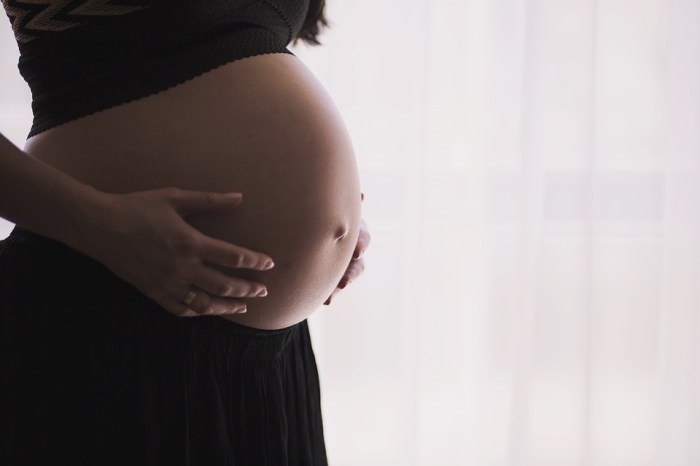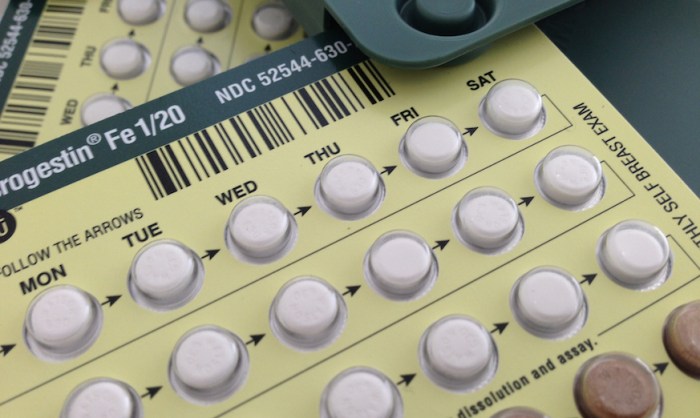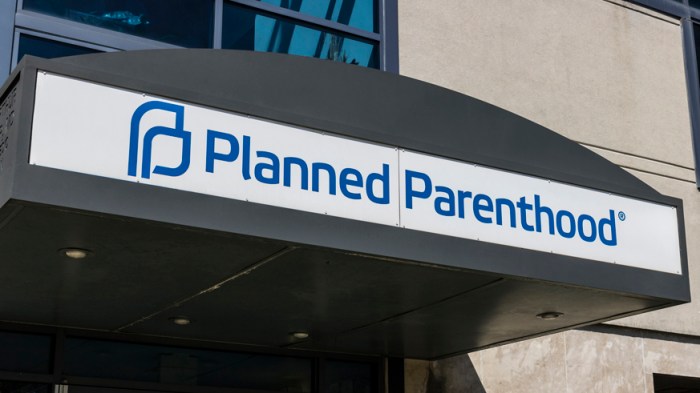If you suffer from fibroids, you’re not alone: It’s estimated that as many as 30 percent of women deal with the condition by the age of 35, and up to 80 percent by menopause. The good news: Except in very rare cases, fibroids are not cancer. The bad news: They can cause serious discomfort. If you’ve been diagnosed with fibroids recently, here’s what you need to know about the condition and its treatment. But what are fibroids, anyway?
What are fibroids?
So, first of all, what are fibroids? Fibroids, also known as leiomyomas or myomas, are benign tumors of the uterus. They’re caused when errant smooth-muscle cells implant themselves in the tissue in or around the womb and start growing. Stimulated to grow by estrogen, fibroids can range from the size of a bean to a melon. Although some women with fibroids may have no symptoms, others might have severe pain, and the condition can cause serious complications in all cases.
What are some symptoms of fibroids?
Fibroids can cause symptoms including heavy periods (that may or may not lead to anemia), constipation, lower backache, leg pain, pain during intercourse, or abdominal discomfort. Especially large fibroids can cause weight gain or abdominal swelling.
What complications can fibroids cause?
Fibroids can cause abdominal pain and heavy bleeding during periods. In more severe cases, repeated miscarriages or infertility might result. In only a very small number of cases, a rare cancer called leiomyosarcoma is thought to develop inside some fibroids.
How are fibroids treated?
If you suspect you might have fibroids, see your primary care doctor or OB/GYN. They will perform tests including an pelvic exam and ultrasound or MRI of the area. If necessary, doctors may perform a hysteroscopy (an exam in which a small device with a camera examines the inside of the womb) or a laparoscopy (in which a doctor examines the area with a small camera-bearing probe that’s inserted via an incision in the abdominal wall).
Treatment is not always recommended. If your fibroids aren’t causing symptoms, doctors may recommend watchful waiting — fibroids naturally shrink during menopause, when estrogen levels decline.
If your fibroids are causing heavy periods or other symptoms, doctors may recommend the following:
• Medication. You might be prescribed a hormone drug on a short-term basis, to lower estrogen levels in the body and shrink fibroids, either with or without surgery. If your case is less severe, doctors could prescribe birth-control pills or an IUD-like insertable device (which could regulate hormone levels and shrink fibroids) or anti-inflammatory NSAIDs.
• Surgery. Surgery to remove fibroids has advanced considerably — options now include using lasers or ultrasound to shrink them, cutting off their blood supply via embolization, removing the uterine lining that contains the fibroids or simply removing the fibroid itself. Hysterectomy is advised only for very large fibroids or excessive bleeding.



















